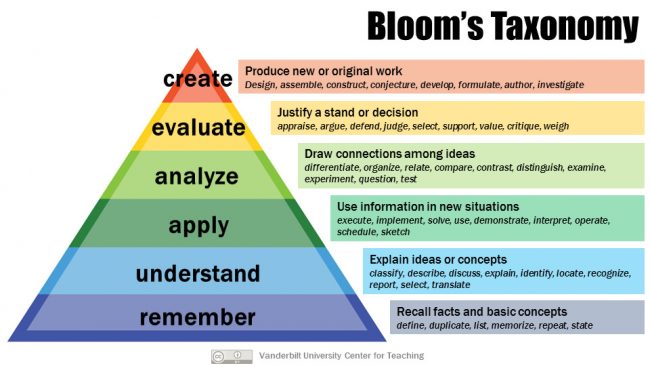Source: Twitter thread on Thread Reader, Twitter thread on Twitter, by @gravislizard
almost everything on computers is perceptually slower than it was in 1983
You don’t even realize why the process is frustrating because it’s just The Way It Is.
Mice are for rapidly navigating through a complex and unstructured set of objects, like an app with dozens of options and input types
The reason mice are terrible is a matter of basic facts about human brains, hands, eyes and muscles. Hell, I think Jef Raskin covered it.
Keyboards present fewer possible discrete options. Mice present a continuum. One can be operated blind; the other requires feedback.
it’s worth noting that HYPERTEXT, specifically, is best with a mouse in a lot of cases. Wikipedia would suck on keyboard.
This is a FANTASTIC example of a mouse-optimal document. Any keyboard approach would be mediocre at best.
Your brain is GREAT at identifying points of interest here. From this array of 20+ unstructured links I can grab the ones I want.
I want to clarify that I am literally talking about the future of the human race and I am deadly serious about this. It’s not about me.
…
I am upset by the way that computers disenfranchise non-nerds. I wish it was better for me; I wish it WORKED AT ALL for everyone else.
GUIs are in no way more intuitive than keyboard interfaces using function keys such as the POS I posted earlier. Nor do they need to be.
GUIs require you to learn how to use a mouse, how input focus works, how multiple windows work, how modal dialogs work.
I believe well designed keyboard interfaces and well designed GUI interfaces have exactly the same learning curve.
